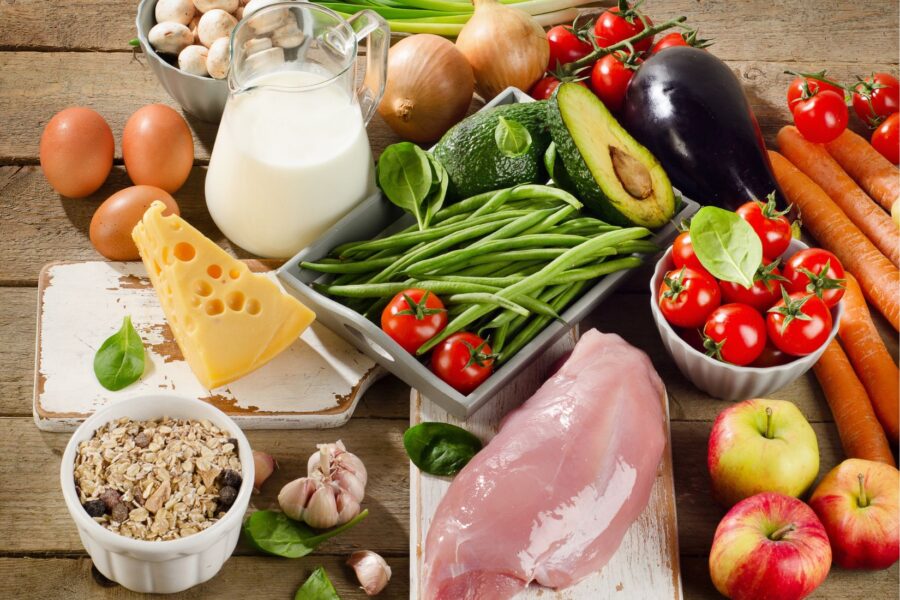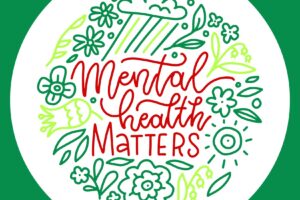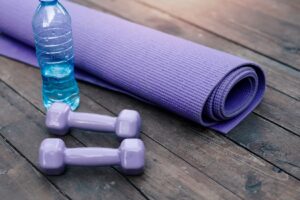As a student-athlete, you should know that the food you eat supplies much more than just fuel for your body to function properly. Food is the building blocks for your skin, hair, muscle, bone, and everything else that makes up your body. According to Nutrition 101 for Athletes, your diet provides nutrients that are necessary to manufacture hormones and enzymes that control the function of every cell in your body. Your body also uses these nutrients to make neurotransmitters that regulate how you think and feel. Therefore, ensuring a proper balance of nutrients (protein, carbohydrates, fats, vitamins and minerals) is essential to your overall health, muscle development, and performance. You really are what you eat, and that’s why a balanced diet is important. So, what does a healthy balanced diet look like for a student-athlete?
Protein
Protein is a key component of muscle, skin, hair, and other tissues of the body. Protein also helps your body manufacture enzymes and hormones that are involved in digestion, metabolism, tissue growth and repair, which means faster muscle recovery and a decrease in muscle soreness after workouts. Protein is also important after workouts to assist the body in rebuilding muscle fibers that have been broken down by exercise. Good sources of protein include lean meats (beef, chicken, pork, lamb and fish), eggs, organic dairy products, raw nuts, natural nut butters, and legumes.
Carbohydrates
Carbohydrates provide your main source of energy, the fuel that keeps your body going, and are also a good source of fiber, vitamins and minerals essential for optimal health. Carbohydrates are found in unrefined whole grains, legumes, fruits and vegetables. Strive to increase your daily intake of fruits and vegetables (eating twice as many vegetables as fruits daily is recommended), whole grains and legumes. Good carbohydrates includes organic fruits and vegetables, beans and lentils/legumes, and unrefined whole grains such as brown rice, steel-cut oats, barley, and 100% whole grain bread.
Fats
Fats are needed for your body to function properly and overall health; is a source of energy, regulates blood pressure and more. Fats are your joints and organs cushioning agents and assists in protection against injury. There are two types of healthy fats: saturated (animal fats such as butter and cheese) and unsaturated (raw nuts, seeds, fish, and plant oils). Good sources include avocados, cold-water fish, and raw nuts (except peanuts).
Vitamins & Minerals
Vitamins and minerals play an important role in your overall health and nutrition. If you are eating well-balanced meals and snacks, then for the most part, you will receive all of the vitamins and minerals your body needs. If you feel you need more, talk with your parents, doctor or other health professional who can advise you on supplementing your diet with vitamins and minerals.
Water
The most important macronutrient for athletes to consume is water. Water is also essential to proper body function. It helps regulate and maintain body temperature, transports nutrients and oxygen to the bloodstream, removes waste products (toxins), and helps maintain proper fluid balance and muscle functioning, especially crucial during times of strenuous activity. It is important to drink water throughout the day.
What About Calories?
The quality and quantity of the food you eat is important. According to Nutrition 101, the metabolic requirements for active teens can be as high as 3,500 calories a day, which means your body requires this amount of calories to function properly.
Keep in mind that calorie intake also depends on whether you are a male or female, what sport you play, if you have specific medical needs and/or dietary restrictions, whether you are a vegetarian, vegan, etc. All of these, factor into your daily calorie intake.
And Those Refined & Fast Foods?
Fast foods, and foods that are high in refined (highly processed) carbohydrates or sugars, and drinks high in sugar should be avoided or consumed in moderation.
And finally,
When you eat is just as important as what you eat. Even though your schedule will vary, you should try to eat every two to three hours (three square meals and two to three snacks) to keep your body fueled and primed. Remember, diet fitness is just as important as physical fitness and mental fitness. Always consult your doctor, medical professional, nutritionist to establish a healthy diet plan for your specific needs.
Resources
Food Advice From UNLV Athletics Dietician




Recent Comments